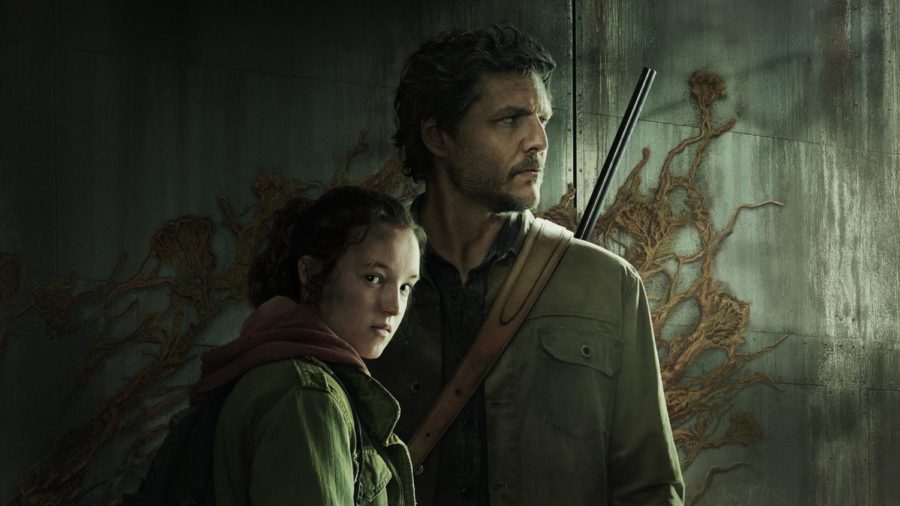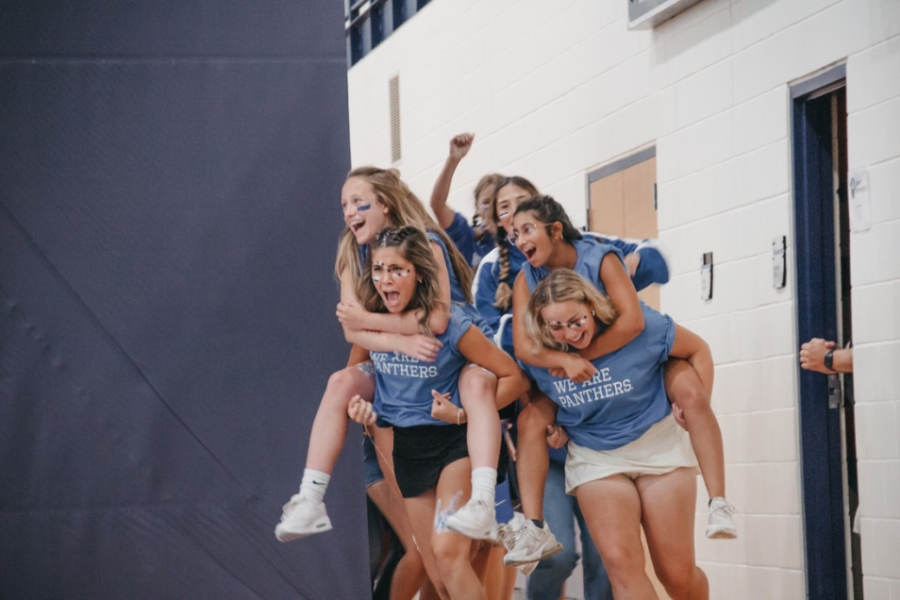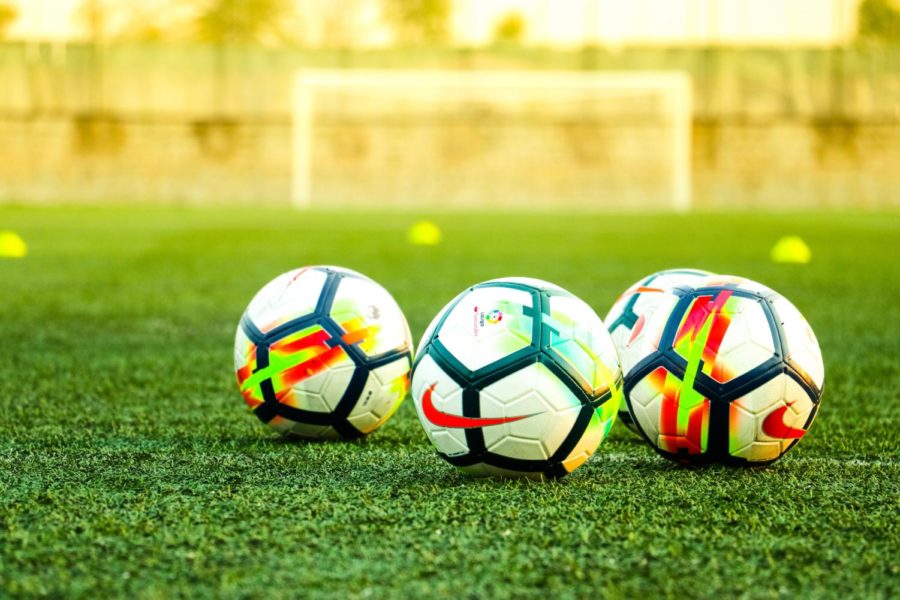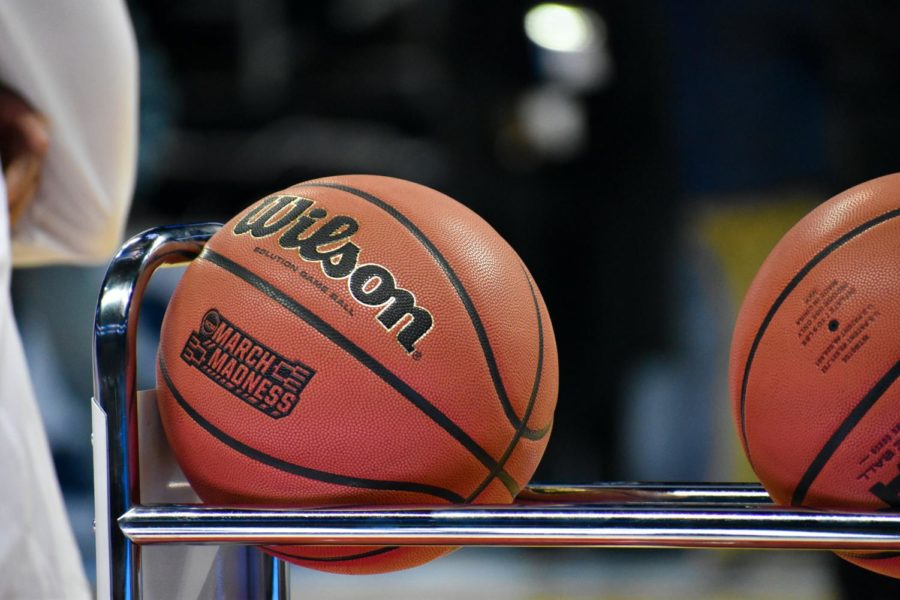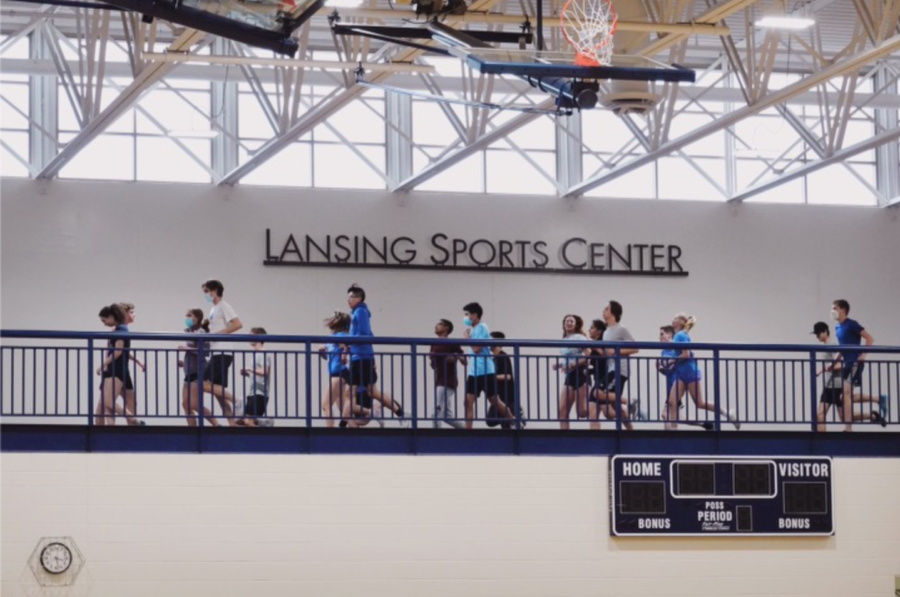From Bodyguard to Correctional Officer: A Part of My Grandfather’s Fight Against Racism and Injustice
November 8, 2022
Growing up I had heard many stories about my grandfather’s lifelong activism in the Black community, being Mohammed Ali’s bodyguard, and working in Lino Lakes State Prison. His story is one to be shared so I sat down to interview him this fall. This is an interview with my grandfather, Donald J Patterson.

Working with Mohammed Ali:
My grandfather became a bodyguard because he worked with The Way, a center for the Black community on the North side of Minneapolis. Mohammed Ali came to Minneapolis in response to the uprisings and calls for racial justice in 1968. In addition to speaking at the University of Minnesota, Mohammed Ali chose to speak to the Black community at The Way. Because of his relationship with The Way and his activism in the Black community, he was selected to be Mohammed Ali’s bodyguard throughout his entire trip in Minneapolis. He provided security throughout his entire time in Minneapolis.
What influenced you to become a correctional officer?
Well, that wasn’t my job choice at the time. During the 60s and 70s, times were tough, there weren’t a lot of jobs. We didn’t have any money. All the resources in the community were dried up, they did this on purpose. So, the only choices you had were going into the army or working at the correctional center. There wasn’t any job training or anything. When I took the job, I had three kids, and I thought I’d only stay for a bit. But it got to a point where I couldn’t afford to quit because I had kids going to school, who were growing up. Next thing I knew, I was there for 18 years.
While working at Lino Lakes prison, the other white correctional officers and his supervisors would purposefully use the n-word to try to provoke him, hoping he would react so they would have a reason to fire him. I asked my grandfather what other challenges he came across while working in the prison.

What were the main challenges you came across while working as a correctional officer?
Racism. The white folks- officers would do everything they could to run you out of there. They would try to sabotage you, your work, or make it hard for you. One time I got into a disagreement with a lieutenant. He called me and my unit and he said, “can you come up to the office” and I told him “Okay” but asked him to send me a relief (someone who covers the job). And nobody came. After about thirty minutes, the phone rings again and it was my Lieutenant. He asked me why I never came up to the office. I told him “I’m not leaving my post without a relief. I can get disciplined for that. And I think you know that.” In fact, at the time I think he was trying to get me disciplined.

How do you feel about the prison system? What do you believe needs to change?
The mandatory sentences. The prison is a microcosm of the state and the society we live in today. A white man and a Black man can commit the same exact crime, and the white man will get the minimum. There’s a minimum and a maximum. 9/10 times, the Black man gets more time. And as for within the community, we should have more cops that know Black people and our community.
My grandfather spoke about the police department from the local community. Police officers act different if they are working in areas where they live, work, shop and know the neighborhood.

